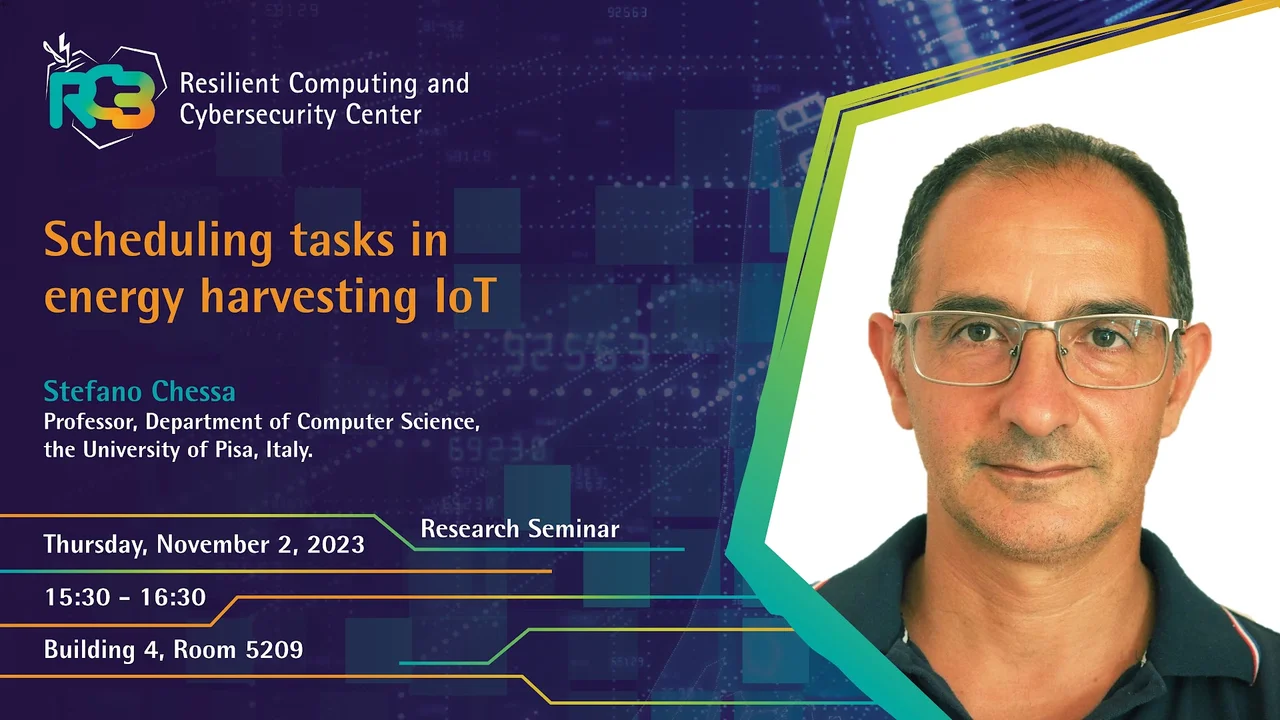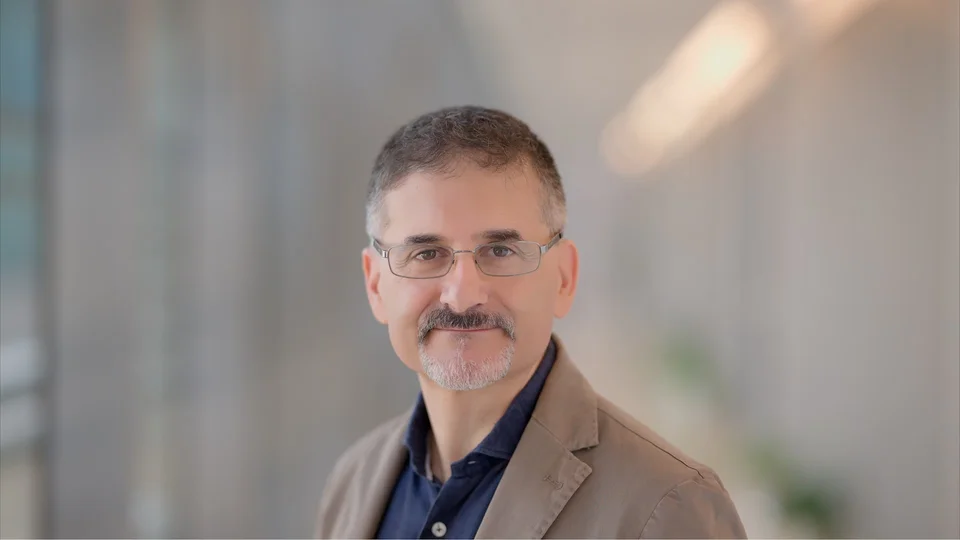
Scheduling tasks in energy harvesting IoT
Internet of Things (IoT) applications can exploit energy harvesting systems to guarantee virtually uninterrupted operations. However, the use of energy harvesting poses issues concerning the optimization of the utility of the application while guaranteeing energy neutrality of the devices.
Overview
Abstract
Internet of Things (IoT) applications can exploit energy harvesting systems to guarantee virtually uninterrupted operations. However, the use of energy harvesting poses issues concerning the optimization of the utility of the application while guaranteeing energy neutrality of the devices.
The talk will present a dynamic programming algorithm for the optimization of the scheduling of tasks in IoT devices that harvest energy by means of a solar panel. The scheduling problem is NP-hard, and the algorithm can find the optimum solution in pseudo-polynomial time. Nevertheless, the algorithm can be executed with a small overhead, even on low-power IoT platforms.
Brief Biography
Stefano Chessa is a Full Professor at the Department of Computer Science of the University of Pisa. He is a member of the Council of the Doctorate in Computer Science and chair of the MSc curricula in Cybersecurity of the University of Pisa. He has worked on several EU projects, and he has been the scientific leader (for the University of Pisa) of the EU projects RUBICON and DOREMI. He is a co-author of almost 200 publications appearing in international, peer-reviewed journals, conferences, and books chapters. His research interests are in the fields of Internet of Things, wireless sensor networks, pervasive computing, and in their applications to precision agriculture, ambient assisted living and e-health, crowdsensing, and participatory sensing.
